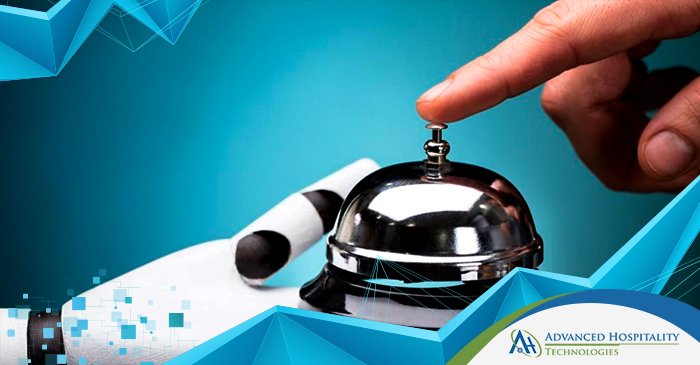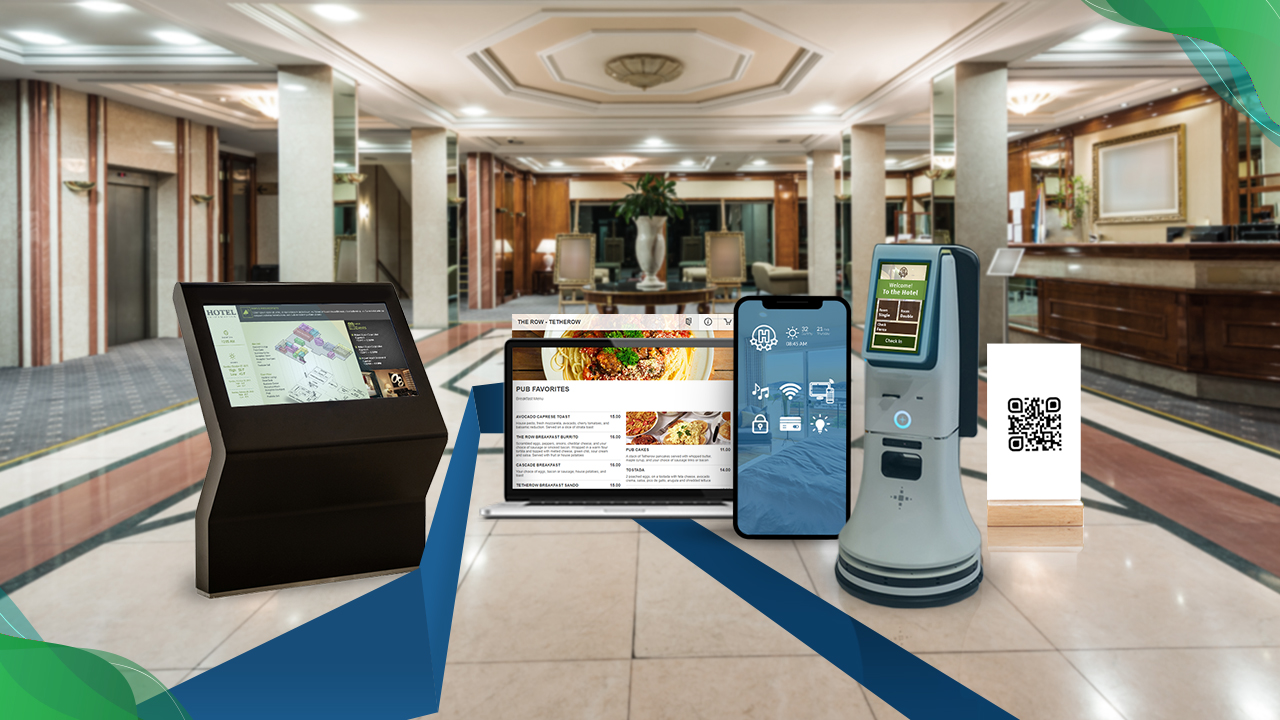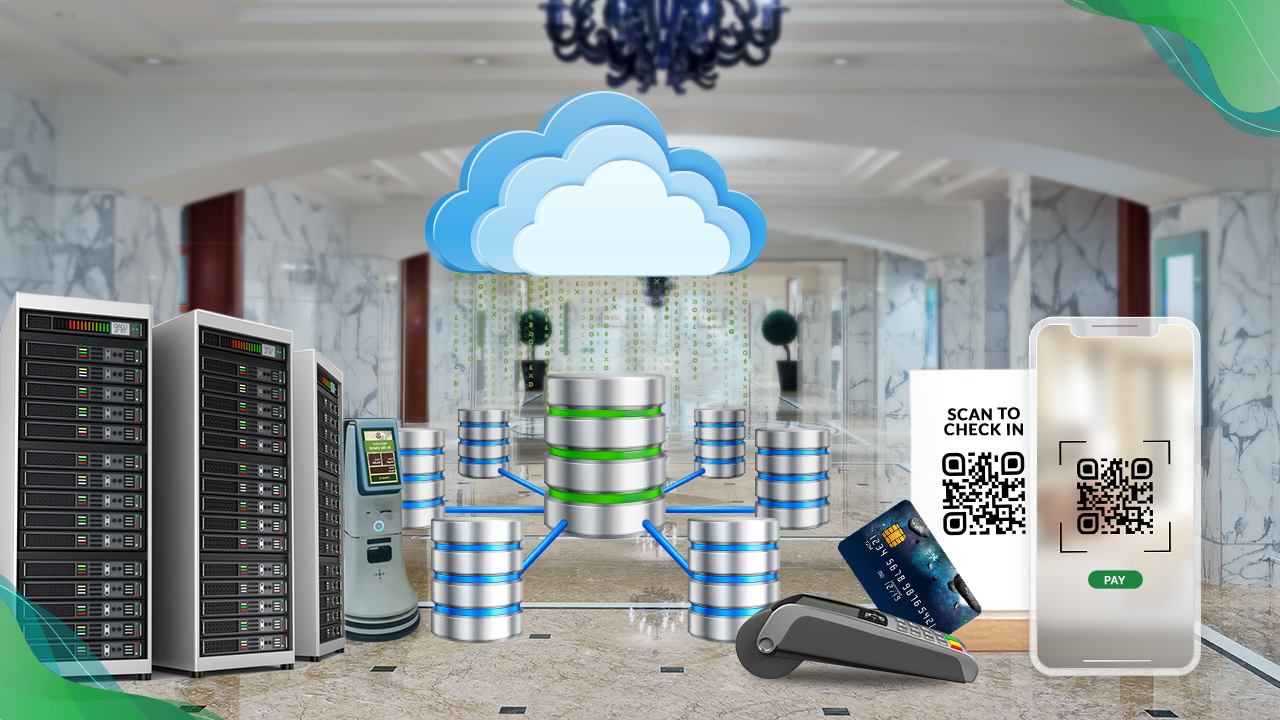Artificial intelligence and machine learning are completely changing the way businesses deliver services and understand their potential customers. Though technology is no alternative to personalized human interactions in the hospitality business, in some circumstances tech simply does a better job.
Today we take a look at two interesting applications of artificial intelligence and machine learning tools that make hotel processes simpler and service quality better.
Data Management
Hotels are enriched sources of personal guest data. From booking details, journey itineraries, room service order history, and amenity usage, everything is now recorded with a digital footprint.
Hotels usually carry vast amounts of data in their databases and data warehouses. Artificial intelligence tools are now being deployed on guest data to enhance several services at hotels. Integrating machine learning and A.I. tools offer great benefits including:
- Improve communications with guests
- Identify guest preferences
- Understand traveler behavior & habits
- Identify customers for rewards & loyalty programs
There are no better metrics to enhance revenues at your hotel than learning from the guest themselves. The step usually begins with creating a customized experience when communicating with them over email, social networks, and mobile apps.
Artificial intelligence machine learning tools can easily identify traveler habits, how often they travel, what type of personalized services they request, which cuisine they prefer, and tour information, etc.
Even simpler and general tools like Google Analytics can identify important user demographics including location, age, device used and time of activity. Similarly, hotels use custom-designed A.I. analytical software to identify popular metrics like room occupation, frequency of room service orders, travel itineraries, and other dynamics to better improve service on an on-going basis.
Predictive tools have even gone a step ahead that allows hotels to identify the ideal times to market offers and promos to customers using guests’ data. Through predictive A.I. tools hotel staff can identify when guests will order drinks, have dinner & come down for breakfast, require in-room control and other aspects.
The great aspect of A.I. is that it improves itself as the hotel accumulates more data. As the algorithm learns more about guests, the A.I. gets smarter with machine learning as it generates meaningful insights based on increasing volumes of guest data.
Smart Concierges & Automated Kiosks
Automated kiosks and smart concierge robotics are not the past anymore, they are right now. These very intuitive applications of A.I. and machine learning tools can trigger significant efficiencies at hotels for staff while creating more comfort for guests when checking in & out.
Connie, the first hospitality robot concierge, will soon feature in Hilton hotels across the USA. Powered by IBM’s ‘Watson’ A.I. She can recommend restaurants and provide information about guest amenities in the hotel. While Connie’s major task is information delivery, she will soon be powered with even more features like welcoming back returning guests through facial recognition.
Aloft by Starwood hotels have also deployed the A.I. powered butler ‘Botlr’ across their properties. Botlr is capable to handle room service, front desk and back-office tasks thanks to its cutting edge construction. The robot butler is managed through a combination of sensors and internet connectivity, to assure it can access lifts and get to rooms without being damaged.
Automated kiosks are a very popular tech integration for hotels since it radically reduces queues during rush hours. Guests can easily check-in, request tour information, book cars, redeem loyalty programs, and make personalized requests during their stay.
Artificial intelligence robotics is completely redefining hotels and their services. A.I. is promising for the hospitality industry in general, as it seeks to enhance convenience, increase personalization, improve guest loyalty, and deliver superior guest experiences.
Conclusion
As more technology applications feature in hotels, and guests constantly demand personalization and control over their stay A.I. will define hospitality services. The beginning of the new decade demands that hoteliers take strategic steps to involve A.I. machine learning at their assets.
For more interesting reads, insights, and news remember to visit us again. Until next time, see you again soon.
Advanced Hospitality Technologies is a leader in Hospitality Technologies. We have an award winning benchmark for providing affordable, reliable and most advanced hospitality Technology Solutions.




